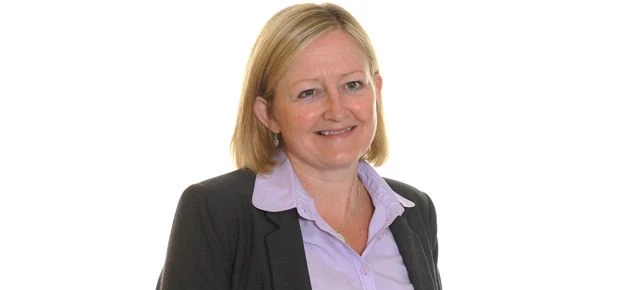
Partner Article
Autumn Statement did not go far enough on business rates
Talk to any business that operates from a commercial property and you can bet any mention of business rates will be met with a groan.
And I imagine those groans are going to continue for a while to come as the much anticipated announcement on business rates in Wednesday’s Autumn Statement did not offer enough clarity in my opinion.
Granted, the chancellor did cap the inflation-linked increase in business rates at 2 per cent, as he did last year, and he extended the doubling of the small business rate relief to April 2016. There was also a 50 per cent increase in the existing rates discount to help high street shops, pubs and cafes to £1,500 next year. That is welcome.
However, we did not see was any meaningful detail to back up the government’s previous hints at wider reform of the structure of business rates.
The only mention of this in the chancellor’s speech was a brief reference to the review that is already underway and that is not due to report until March 2016, so we haven’t really learnt anything new.
I appreciate that the chancellor’s priority is cutting the budget deficit, which leaves little room for tax cuts in the short term. But reform of business rates would generate real economic growth by encouraging businesses to invest and create jobs.
Business rates are often a business’ third biggest overhead after wages and rent and the UK has the highest rates of any EU member state.
We have long suggested that the system needs reforming because it is hampering growth and expansion. How can a tax that can trace its history back to the Poor Law of 1601 still be relevant today?
I believe that it needs to be flexible. At present it is calculated every five years and is based on the rental value of a property, taking into account geographic location and size.
Unlike other taxes, business rates do not fluctuate with the economic cycle, meaning businesses have to pay the same regardless of economic conditions.
This has to change. Calculating the rates annually would be more responsive to the economic cycle, so businesses here in the Lancaster area would not be left paying rates on valuations that are years out of date.
In my opinion the chancellor has missed a real opportunity to help local businesses and we may not see any real action taken to reform this outdated tax for another couple of years.
Rachel Marsdin is a tax partner at North West accountancy and business advisory firm Moore and Smalley
This was posted in Bdaily's Members' News section by Moore and Smalley .






 A legacy in stone and spirit
A legacy in stone and spirit
 Shaping the future: Your guide to planning reforms
Shaping the future: Your guide to planning reforms
 The future direction of expert witness services
The future direction of expert witness services
 Getting people into gear for a workplace return
Getting people into gear for a workplace return
 What to expect in the Spring Statement
What to expect in the Spring Statement
 Sunderland leading way in UK office supply market
Sunderland leading way in UK office supply market
 Key construction developments in 2025
Key construction developments in 2025
 Mediation must be part of planning process
Mediation must be part of planning process
 From apprentice to chief financial officer
From apprentice to chief financial officer
 Don't stifle growth with apprenticeship cuts
Don't stifle growth with apprenticeship cuts
 The start-up landscape: What lies ahead in 2025
The start-up landscape: What lies ahead in 2025
 JATCO adds welcome drive to automotive sector
JATCO adds welcome drive to automotive sector